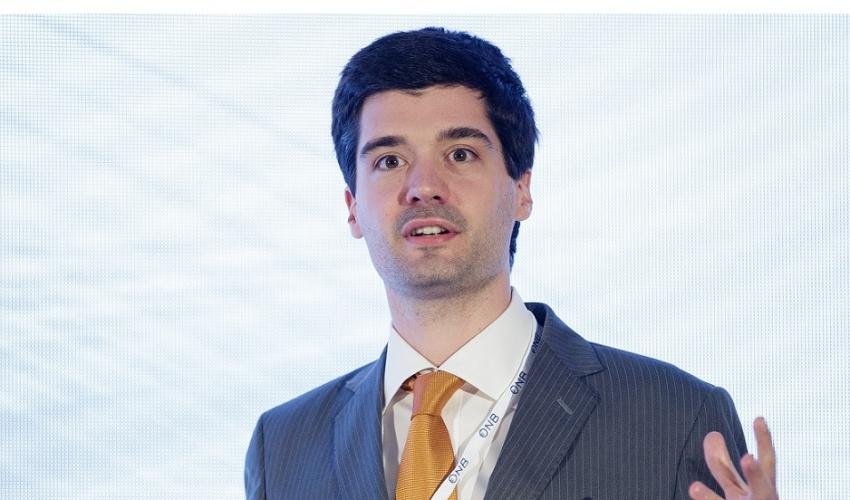
Zero Errors and Maximum Objectivity. Why Computer Examinations Are Better
FILIPPO DE MARCO, NICOLA LIMODIO AND SILVIO PETRICONI RECEIVED THE INNOVATION IN TEACHING AWARD FOR HAVING INTRODUCED AN INNOVATIVE WAY TO EVALUATE STUDENTS BACK IN 2018The first reason was a simple, sacrosanct question of fairness. That is, guaranteeing equal conditions to all students while preventing anyone from copying off their neighbor. It shouldn't happen, but it does happen sometimes. Then, if you are dealing with large numbers of students, it also becomes a necessity. Filippo De Marco, Assistant Professor at Bocconi University's Department of Finance, together with colleagues Nicola Limodio and Silvio Petricon introduced computer administration of exams in academic year 2018/2019 for the Financial markets and Institutions course. Also collaborating with the three Bocconi professors, who were awarded by the University for Innovation in Teaching, was Viktar Fedaseyeu, who today teaches at China Europe Intenational Business School in Shanghai. None of them would ever go back to the traditional mode of testing and grading.
"This is a compulsory course for second-year undergraduate students, involving eight classes for a total of about 700 students", explains De Marco. “The software we use is called Respondus. Every student connects from their computer either in class or at home (now of course remotely) and answers exam questions that are always different, because they are randomly extracted by the computer from a larger set. It is practically impossible for two students to have the same assignment". Another consideration concerns grading, which becomes much more objective: "This is certainly true, because humans can make mistakes, while machines can't. The students are also guaranteed more fairness, because correcting 700 exams always exposes instructors to errors”.
However, it was not a sudden decision that took the students by surprise, but it came about gradually: "During the course, my colleagues and I administered several online tests via the Blackboard platform, this way the students were able to gain familiarity with the new mode of academic assessment. The exam therefore turned out to be a sort of extension of these intermediate test sessions", says the professor. He stresses how this was made possible by the collaboration coming from the rest of the University, especially Bocconi's administration and ICT services. “I believe that beyond the current constraints imposed by the pandemic, this mode represents the future and there will be no turning back. There will still be classroom activities but, at least for those subjects that are suitable, exams will be online. After all, for the last lesson of the past academic year we focused on fintech", continues De Marco," discussing blockchain technology and the future of finance, all things that were not there five years ago. The future is digital.."
"Thanks to the availability of the professors who allowed us to practice with the testing software", says Francesco Maria De Benedictis, student of the program in International Economics and Finance, "I had no problem with the computer exam. From a practical point of view, it is actually easier to read numbers on a PC rather than on a written page. And evaluation is quicker and more objective. If I then think about what happened this year and the need for us to convert all to this new mode, my classmates and I certainly found ourselves at an advantage. I can say that the innovation introduced by Prof De Marco was in a certain sense visionary”.
by Davide Ripamonti
Translated by Alex Foti
